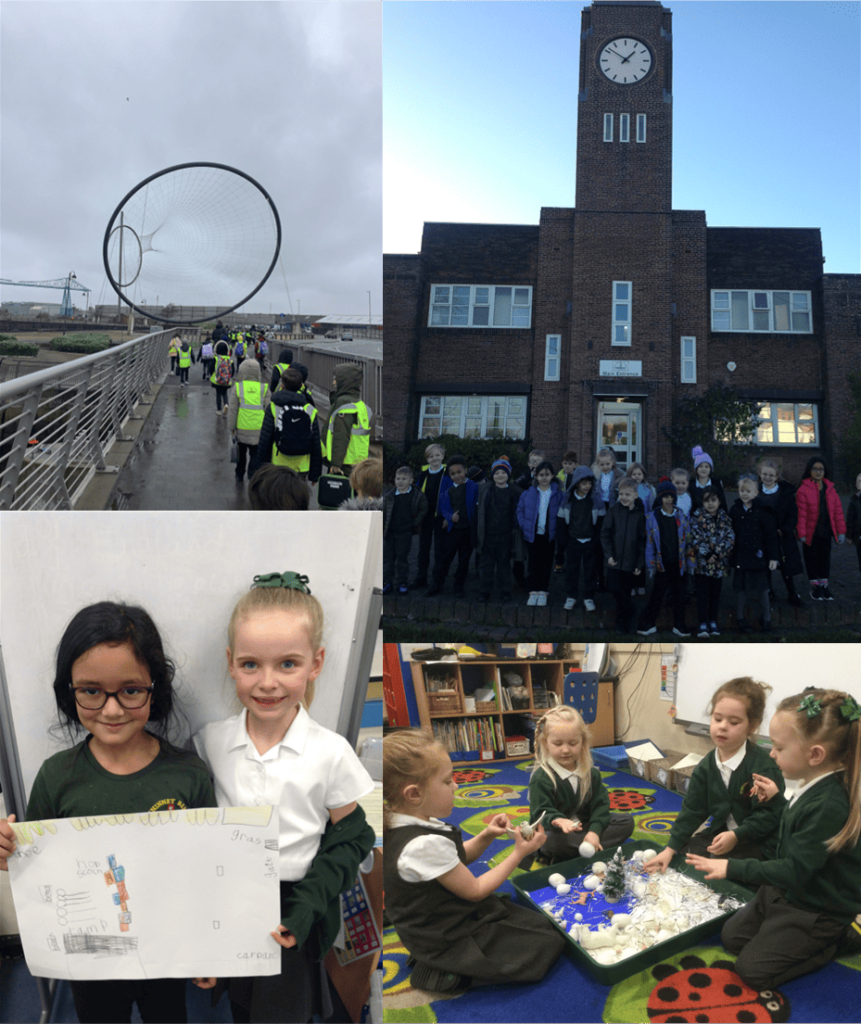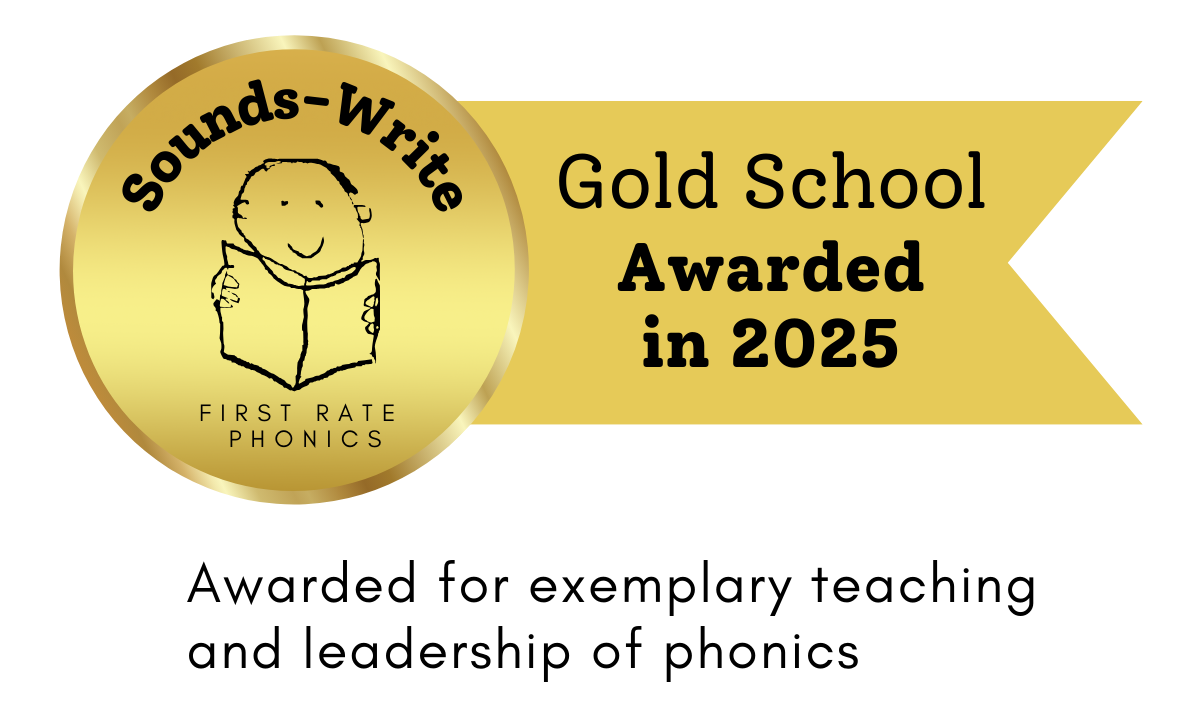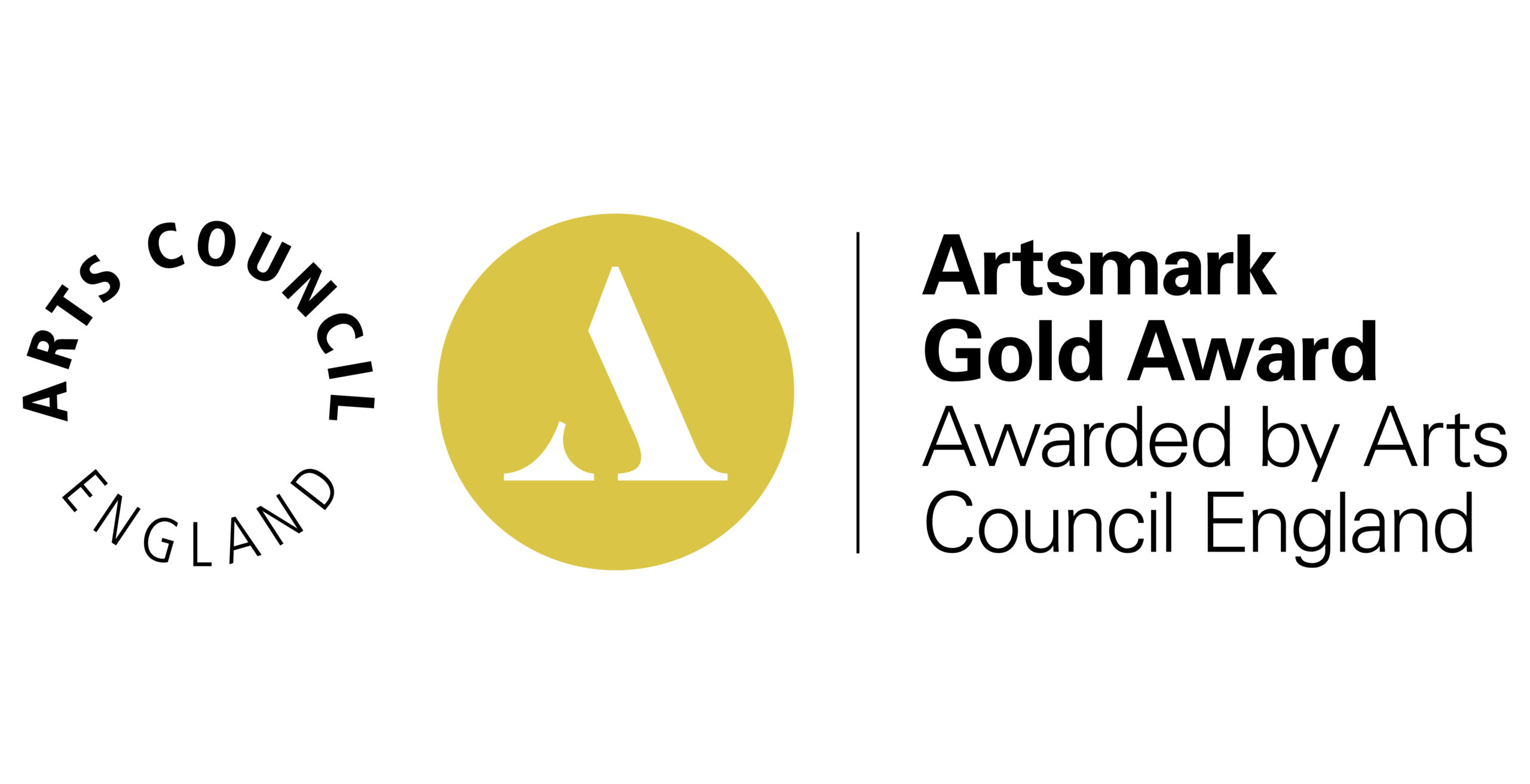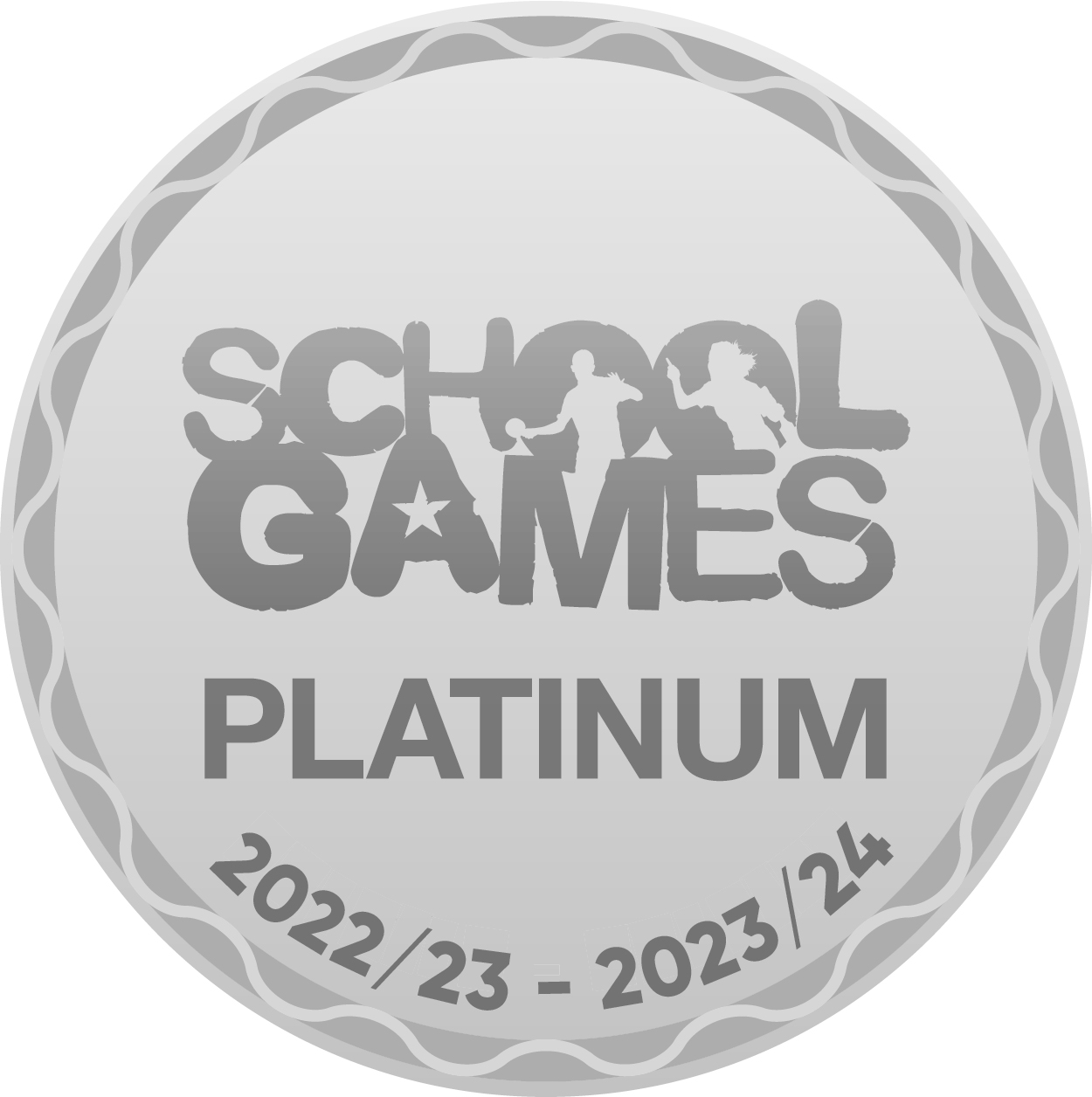Geography
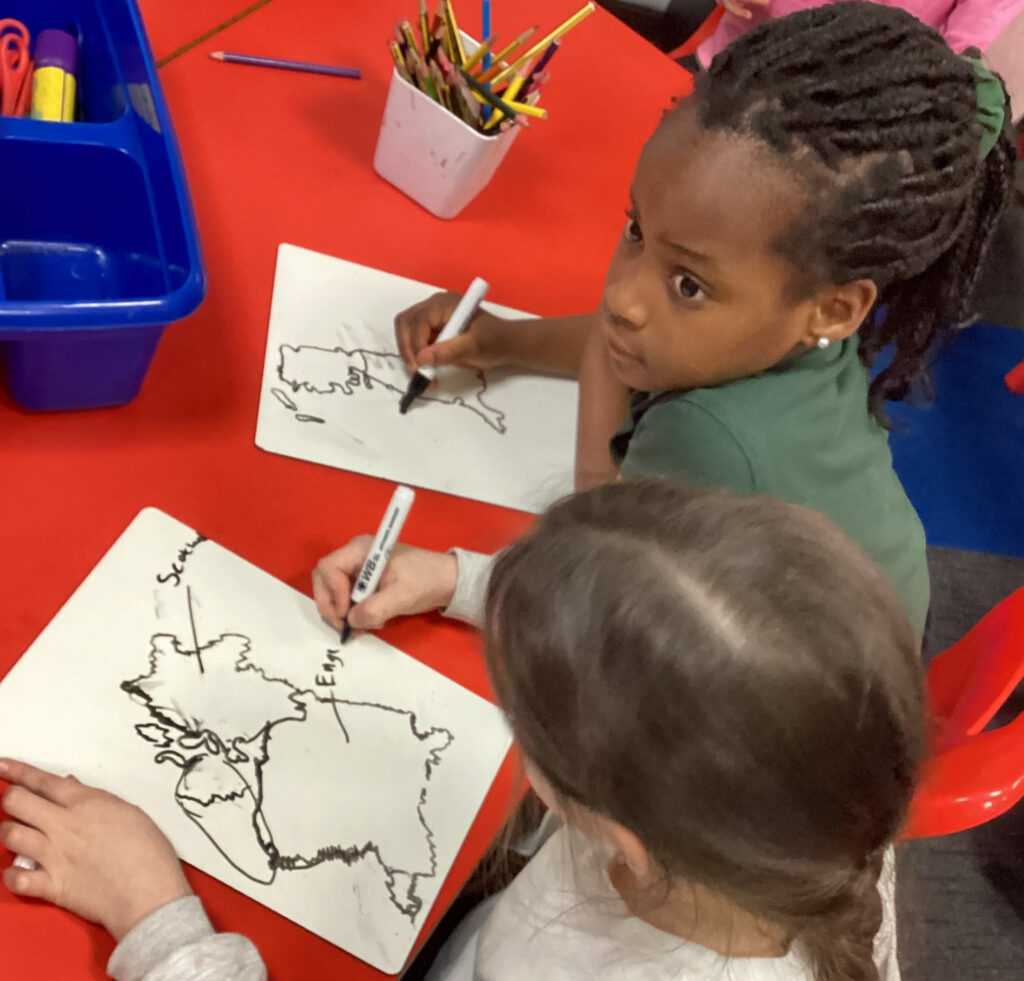
Geography at Whinney Banks aims to inspire pupils to become curious and explorative thinkers with a diverse knowledge of the world. We want our children to think like geographers. We want pupils to develop the confidence to question and observe places, measure and record necessary data in various ways, and analyse and present their findings. We aim to build an awareness of how Geography shapes our lives at multiple scales and over time. We hope to encourage pupils to become resourceful, active citizens who will have the skills to contribute to and improve the world around them. Our school promotes:
• A strong focus on developing both geographical skills and knowledge.
• Critical thinking, with the ability to ask perceptive questions and explain and analyse evidence.
• The development of fieldwork skills across each year group.
• A deep interest and knowledge of pupils’ locality and how it differs from other areas of the world.
• A growing understanding of geographical terms and vocabulary.
Essential knowledge and skills will be revisited with increasing complexity, allowing pupils to revise and build on their previous learning. Locational knowledge, in particular, will be reviewed in each unit of learning to coincide with our belief that this will consolidate children’s understanding of key concepts, such as scale and place. Cross-curricular links are included throughout each unit, allowing children to make connections and apply their Geography skills to other areas of learning.
Our enquiry questions form the basis for our units, meaning that pupils gain a solid understanding of geographical knowledge and skills by applying them to answer enquiry questions. The questions are open-ended with no preconceived answers and therefore they are genuinely purposeful and engage pupils in active learning and debate. In attempting to answer them, children learn how to collect, interpret and present data using geographical methodologies and make informed decisions by applying their geographical knowledge.
Each unit contains elements of geographical skills and fieldwork to ensure that fieldwork skills are practised as often as possible. We follow an enquiry cycle that maps out the fieldwork process of question, observe, measure, record, and present, to reflect the elements mentioned in the National curriculum. This ensures children will learn how to decide on an area of enquiry, plan to measure data using a range of methods, capture the data and present it to a range of appropriate stakeholders in various formats. Fieldwork includes smaller opportunities on the school grounds to larger-scale visits to investigate physical and human features. Developing fieldwork skills within the school environment and revisiting them multiple times enables pupils to consolidate their understanding of various methods. It also gives children the confidence to evaluate methodologies without always having to leave the school grounds and do so within the confines of a familiar place. This makes fieldwork regular and accessible while giving children a thorough understanding of their locality, providing a solid foundation when comparing it with other places. Knowledge organisers for each unit support pupils in building a foundation of factual knowledge by encouraging recall of key facts and vocabulary. Strong subject knowledge is vital for staff to deliver a highly effective and robust Geography curriculum. Every effort has been made to ensure that they feel supported to deliver lessons of a high standard that ensure pupil progression.
Our enquiry-based approach to learning allows teachers to assess children against the National curriculum expectations for Geography. Each unit of learning has an over-arching question, quiz and a knowledge catcher, which can be used at the start and/or end of the unit to assess children’s understanding. Opportunities for children to present their findings using their geographical skills will also form part of the assessment process in each unit. Our aim is for pupils to leave Whinney Banks Primary School equipped with a range of skills and knowledge to enable them to study Geography with confidence at Key stage 3.
We hope to shape children into curious and inspired geographers with respect and appreciation for the world around them alongside an understanding of the interconnection between the human and the physical.
Our children will:
- Compare and contrast human and physical features to describe and understand similarities and differences between various places in the UK, Europe and the Americas.
- Name, locate and understand where and why the physical elements of our world are located and how they interact, including processes over time relating to climate, biomes, natural disasters and the water cycle.
- Understand how humans use the land for economic and trading purposes, including how the distribution of natural resources has shaped this.
- Develop an appreciation for how humans are impacted by and have evolved around the physical geography surrounding them and how humans have had an impact on the environment, both positive and negative.
- Develop a sense of location and place around the UK and some areas of the wider world using the eight-points of a compass, grid references, symbols and keys on maps, atlases, aerial photographs and digital mapping.
- Identify and understand how various elements of our globe create positioning, including latitude, longitude, the hemispheres, the tropics and how time zones work, including night and day.
- Work within an enquiry framework and present/answer geographical enquiries.
- Meet the ‘Understanding the World’ early learning goals at the end of EYFS and end of key stage expectations outlined in the National curriculum for Geography by the end of Y2 and Y6.
Geography Whole School Overview
Geography Road Map KS1 and KS2
